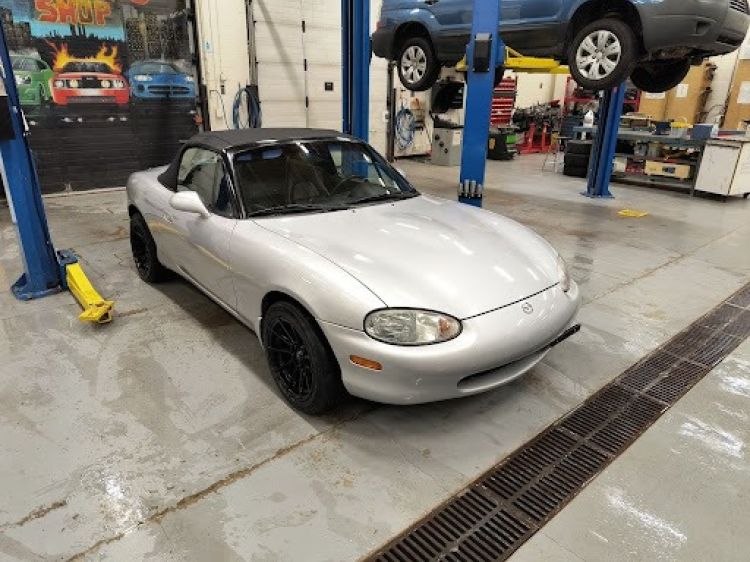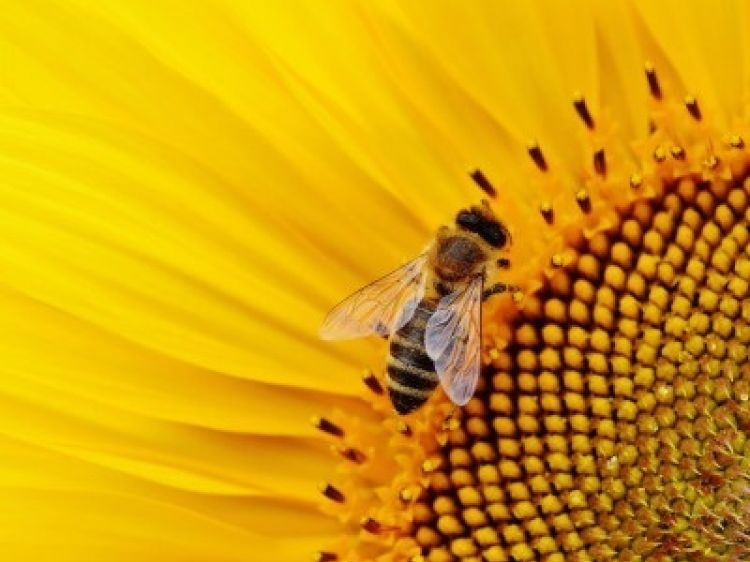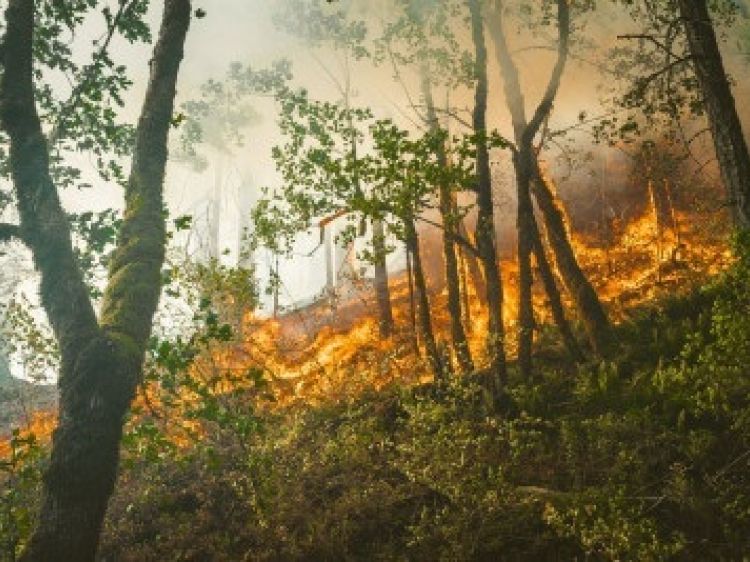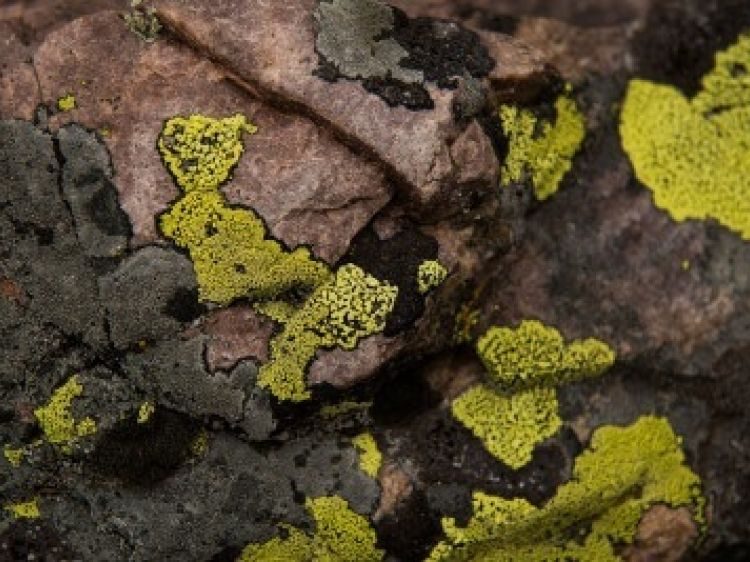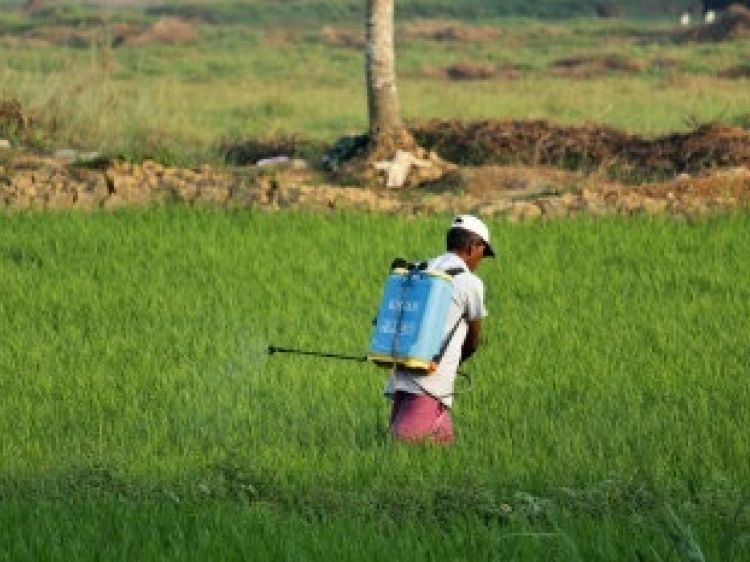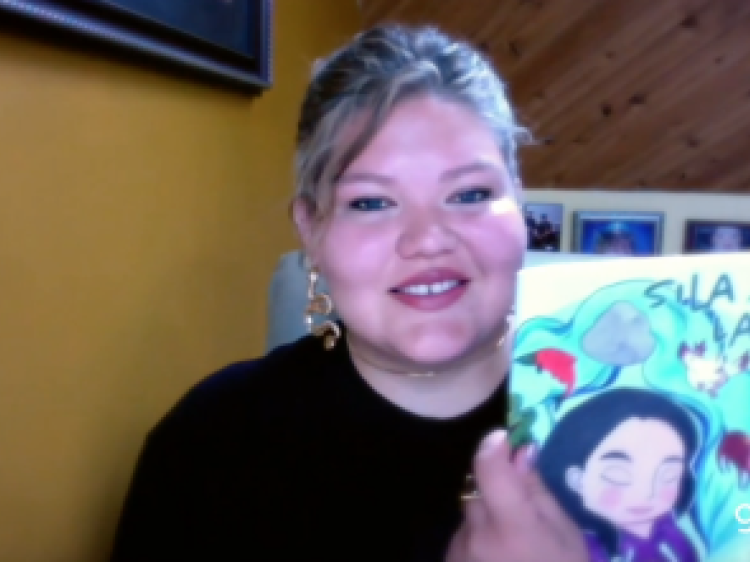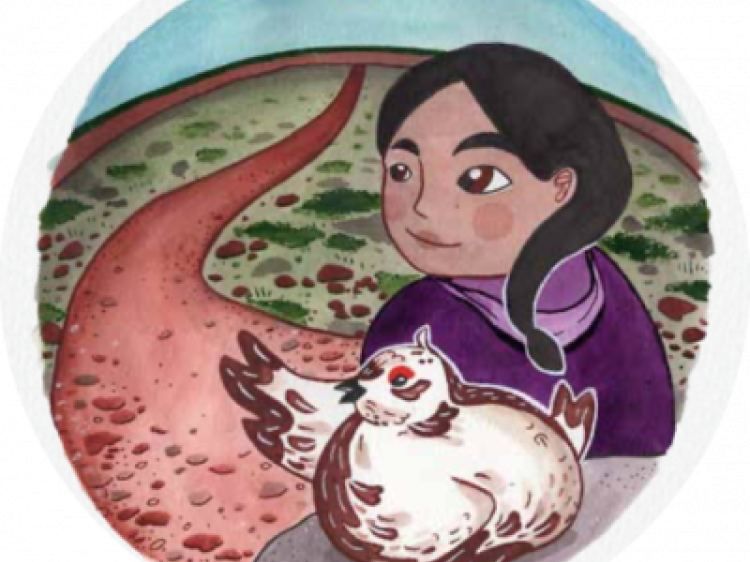Relationships and Interactions
["Learners will learn about the potential types of relationships that may be found in communities. Using the Species cards","they will sort information into various types of groups."]
Natural Disturbances
["This activity is designed to give a quick overview of the central topic","disturbance in ecosystems."]
Enough is Enough
This activity is designed to help learners quickly grasp several key concepts related to ecological populations.
Succession
["Once learners are acquainted with a variety of types of ecosystems and the general factors of which they are composed","both biotic and abiotic","this activity will provide the opportunity to predict what may happen should the conditions in an area change."]
Sensible Science
["This activity gives learners knowledge as to how to plan","analyze","and troubleshoot their scientific investigations by giving them some experience whereby they practice their analytical skills on a variety of recorded experiments."]
Making Good Decisions
This activity will utilize personal thoughts and points of view to construct meaning and knowledge through taking on the role of another person.
Our Ecological Footprint
This activity will help learners become aware of the interconnectedness of personal lifestyle and its impact on the environment.
Creating Change
Learners will investigate and consider a variety of actions that may have an impact on the environment.
Meet the Co-Author
Complete a guided reading of Sila and the Land with the co-author Ariana Roundpoint and explore the creative process that went into writing this book with co-author Ariana Roundpoint.
Choices and Consequences
["Learners will be able to identify positive and negative consequences of different choices","while understanding that small choices can have large consequences."]



